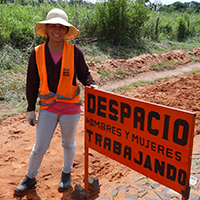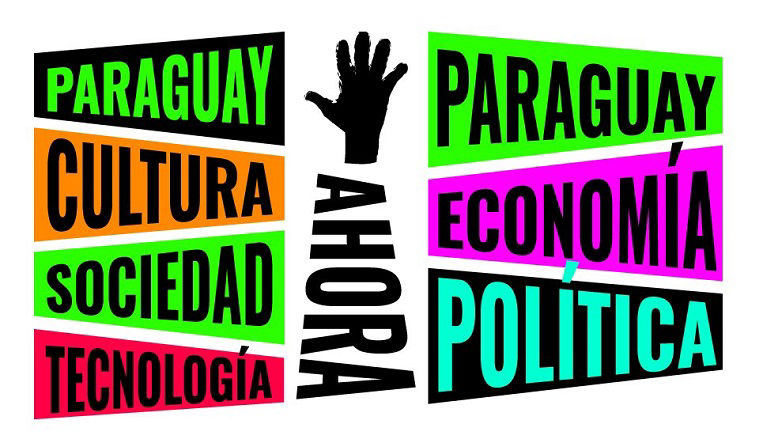Paraguay has abundant natural resources, a young population, and stable macroeconomic conditions. Sound macroeconomic policies have supported growth including institutional reforms such as an inflation-targeting regime and fiscal responsibility legislation. From 2004 to 2024, real per capita income grew 2.8% annually on average, faster than many other countries in the region. The country’s sovereign credit rating was upgraded to investment grade by the ratings agency Moody's in July 2024, and JP Morgan announced that Paraguayan global bonds will be included in their Emerging Markets Government Bond Index starting in the first half of 2026.
Economic growth has contributed to a significant reduction in the poverty rate over the past two decades. While roughly half of the population lived below the poverty line in 2004, this proportion fell to 20.5 percent in 2024 (using the international poverty line for upper middle-income countries of US$8.3 per day per capita, in 2021 PPP).
Being rich in natural capital and a major exporter of soy, beef, and hydropower, Paraguay’s growth is vulnerable to extreme weather events such as droughts, floods, heatwaves and storms. The droughts experienced during 2019-2022, together with other external shocks, have affected growth and poverty reduction. While the economy has bounced back, growing 5 percent in 2023 and 4.2 percent in 2024, dry spells and high temperatures have periodically continued to impact hydropower and agriculture production in parts of the country.
In the future, extreme weather events could become more frequent and intense due to climate change. Paraguay therefore needs to improve its capacity to face these and other shocks. Adaptation investments in key sectors such as infrastructure and agriculture, diversification of exports to reduce dependence on primary commodities, a comprehensive disaster risk financing strategy and adaptive social protection are needed to ensure that such shocks do not disrupt Paraguay’s growth and development.
The creation of quality jobs remains a critical challenge for sustainable poverty reduction. Despite economic growth, a large share of workers remains in informal, low-productivity employment with limited social protection coverage. Expanding opportunities for jobs, particularly for women and youth, and strengthening labor market institutions are essential for translating growth into more equitable prosperity. Policies that focus on enhancing skills development, supporting entrepreneurship, and facilitating productive inclusion of vulnerable populations will be critical to ensure that economic gains translate into improved living standards across all segments of society.
Enhancing the quality of public services such as health and education is crucial if the country is to boost productivity and, in turn, accelerate economic growth. In 2022 edition of the PISA international standardized test, 85% of Paraguayan 15-year-old students did not attain the minimum proficiency levels in mathematics, 66% in reading, and 71% in science.
Strengthening Paraguay’s institutions is key to achieving the necessary transformations in its economy and society. In this context, current efforts to reorganize the State, optimize public spending, modernize the civil service and improve governance are vital steps toward a prosperous future for all Paraguayans.



